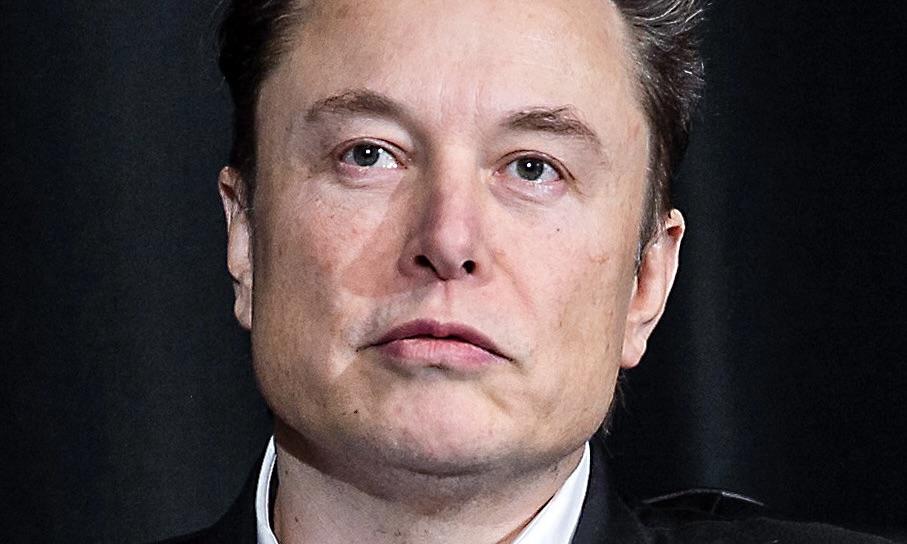Elon Musk’s Neuralink, a pioneering brain technology company, is once again under scrutiny after the U.S. Food and Drug Administration (FDA) cited “objectionable conditions or practices” at its animal testing facilities. The FDA’s findings, revealed in a letter to Congress on Nov. 29, followed a June 2023 inspection at Neuralink’s California lab, raising questions about the company’s compliance with research protocols and animal welfare standards.
The FDA inspection, prompted by concerns from Rep. Earl Blumenauer, a Democrat from Oregon focused on animal welfare, highlighted documentation issues related to Neuralink’s animal research. While the violations did not warrant regulatory enforcement or undermine the safety of Neuralink’s brain implants, the agency emphasized the need for the company to voluntarily address these shortcomings.
This revelation intensifies scrutiny over Neuralink’s practices, particularly following allegations in 2022 that the company rushed experiments, leading to the unnecessary suffering and deaths of test animals such as pigs and monkeys. Critics argue that these recurring concerns expose systemic issues in Neuralink’s approach to innovation, potentially prioritizing speed over ethical responsibility.
Despite these controversies, Neuralink continues to advance its groundbreaking brain-computer interface technology, aiming to aid patients with paralysis, blindness, and neurological disorders. Two U.S. patients have already received Neuralink implants, and a similar study is planned in Canada. Advocates of the technology argue that it represents a significant leap in medical science, offering hope to millions suffering from debilitating conditions.
However, Musk’s expanding influence over regulatory processes complicates the narrative. As head of the newly created “Department of Government Efficiency,” under President-elect Donald Trump’s administration, Musk has been tasked with reducing government spending, including at agencies like the FDA. Critics contend that this role could shield Musk’s ventures, including Neuralink, from stricter oversight, raising ethical concerns about potential conflicts of interest.
The latest FDA citation amplifies the ongoing debate over the balance between innovation and accountability. Animal rights activists and lawmakers are pressing for greater transparency and adherence to ethical research standards. At the same time, supporters of Neuralink argue that regulatory hurdles risk stifling advancements that could transform lives.
Neuralink has yet to comment on the specific violations identified by the FDA or confirm whether corrective measures have been implemented. The company has previously asserted that its animal research protocols exceed regulatory requirements, despite repeated criticisms from employees and external watchdogs.
The controversy underscores the broader tension between the rapid pace of technological innovation and the ethical frameworks governing scientific research. With Musk at the helm of both Neuralink and a key federal agency, the stakes are higher than ever, as the public and policymakers weigh the promise of cutting-edge technology against its potential human and animal costs.



 China Extends Gold Buying Streak as Reserves Surge Despite Volatile Prices
China Extends Gold Buying Streak as Reserves Surge Despite Volatile Prices  South Africa Eyes ECB Repo Lines as Inflation Eases and Rate Cuts Loom
South Africa Eyes ECB Repo Lines as Inflation Eases and Rate Cuts Loom  Russian Stocks End Mixed as MOEX Index Closes Flat Amid Commodity Strength
Russian Stocks End Mixed as MOEX Index Closes Flat Amid Commodity Strength  Japan Economy Poised for Q4 2025 Growth as Investment and Consumption Hold Firm
Japan Economy Poised for Q4 2025 Growth as Investment and Consumption Hold Firm  India–U.S. Interim Trade Pact Cuts Auto Tariffs but Leaves Tesla Out
India–U.S. Interim Trade Pact Cuts Auto Tariffs but Leaves Tesla Out  South Korea Assures U.S. on Trade Deal Commitments Amid Tariff Concerns
South Korea Assures U.S. on Trade Deal Commitments Amid Tariff Concerns  U.S.-India Trade Framework Signals Major Shift in Tariffs, Energy, and Supply Chains
U.S.-India Trade Framework Signals Major Shift in Tariffs, Energy, and Supply Chains  Dollar Near Two-Week High as Stock Rout, AI Concerns and Global Events Drive Market Volatility
Dollar Near Two-Week High as Stock Rout, AI Concerns and Global Events Drive Market Volatility  Gold Prices Slide Below $5,000 as Strong Dollar and Central Bank Outlook Weigh on Metals
Gold Prices Slide Below $5,000 as Strong Dollar and Central Bank Outlook Weigh on Metals  South Korea’s Weak Won Struggles as Retail Investors Pour Money Into U.S. Stocks
South Korea’s Weak Won Struggles as Retail Investors Pour Money Into U.S. Stocks  Gold and Silver Prices Slide as Dollar Strength and Easing Tensions Weigh on Metals
Gold and Silver Prices Slide as Dollar Strength and Easing Tensions Weigh on Metals  Vietnam’s Trade Surplus With US Jumps as Exports Surge and China Imports Hit Record
Vietnam’s Trade Surplus With US Jumps as Exports Surge and China Imports Hit Record  Silver Prices Plunge in Asian Trade as Dollar Strength Triggers Fresh Precious Metals Sell-Off
Silver Prices Plunge in Asian Trade as Dollar Strength Triggers Fresh Precious Metals Sell-Off  Dollar Steadies Ahead of ECB and BoE Decisions as Markets Turn Risk-Off
Dollar Steadies Ahead of ECB and BoE Decisions as Markets Turn Risk-Off  Trump’s Inflation Claims Clash With Voters’ Cost-of-Living Reality
Trump’s Inflation Claims Clash With Voters’ Cost-of-Living Reality  Fed Governor Lisa Cook Warns Inflation Risks Remain as Rates Stay Steady
Fed Governor Lisa Cook Warns Inflation Risks Remain as Rates Stay Steady 































